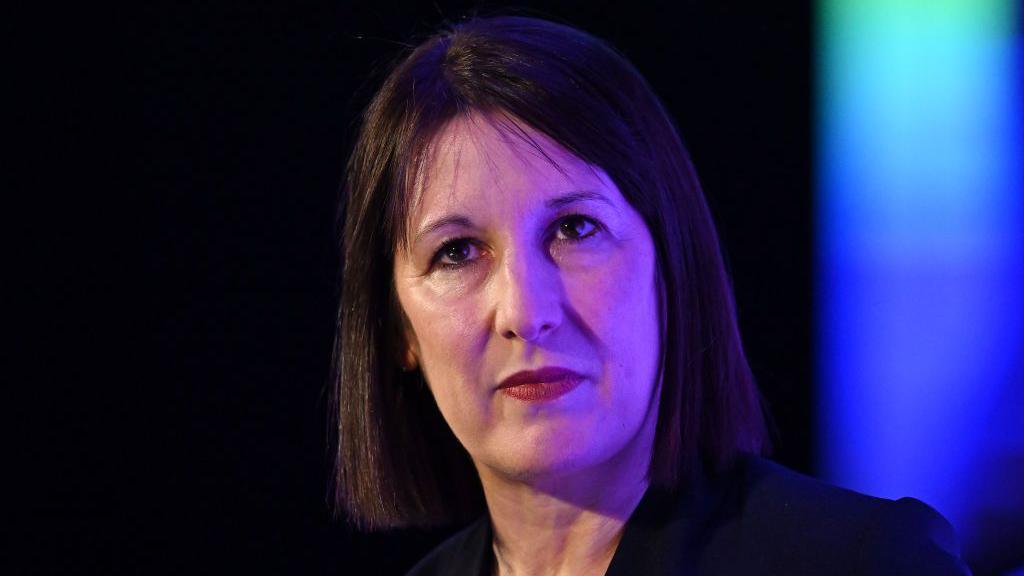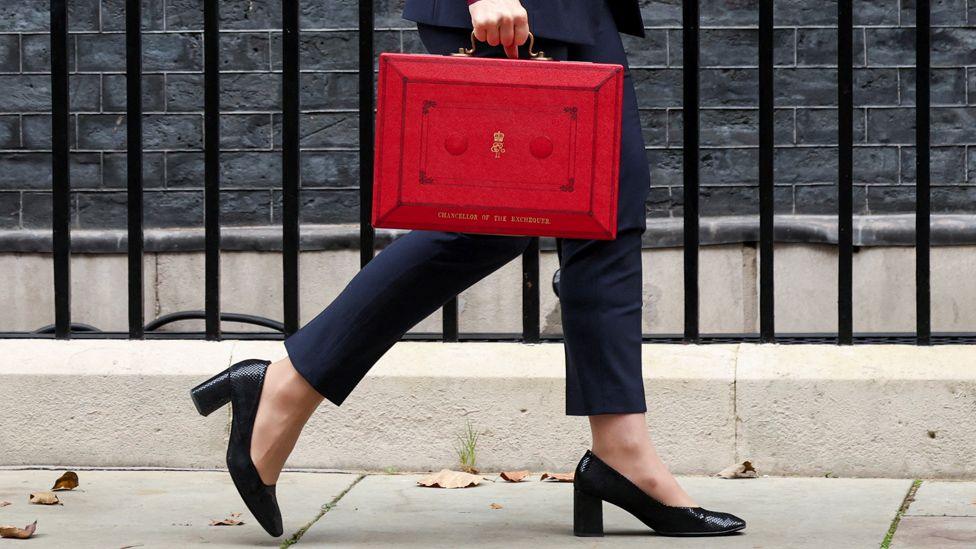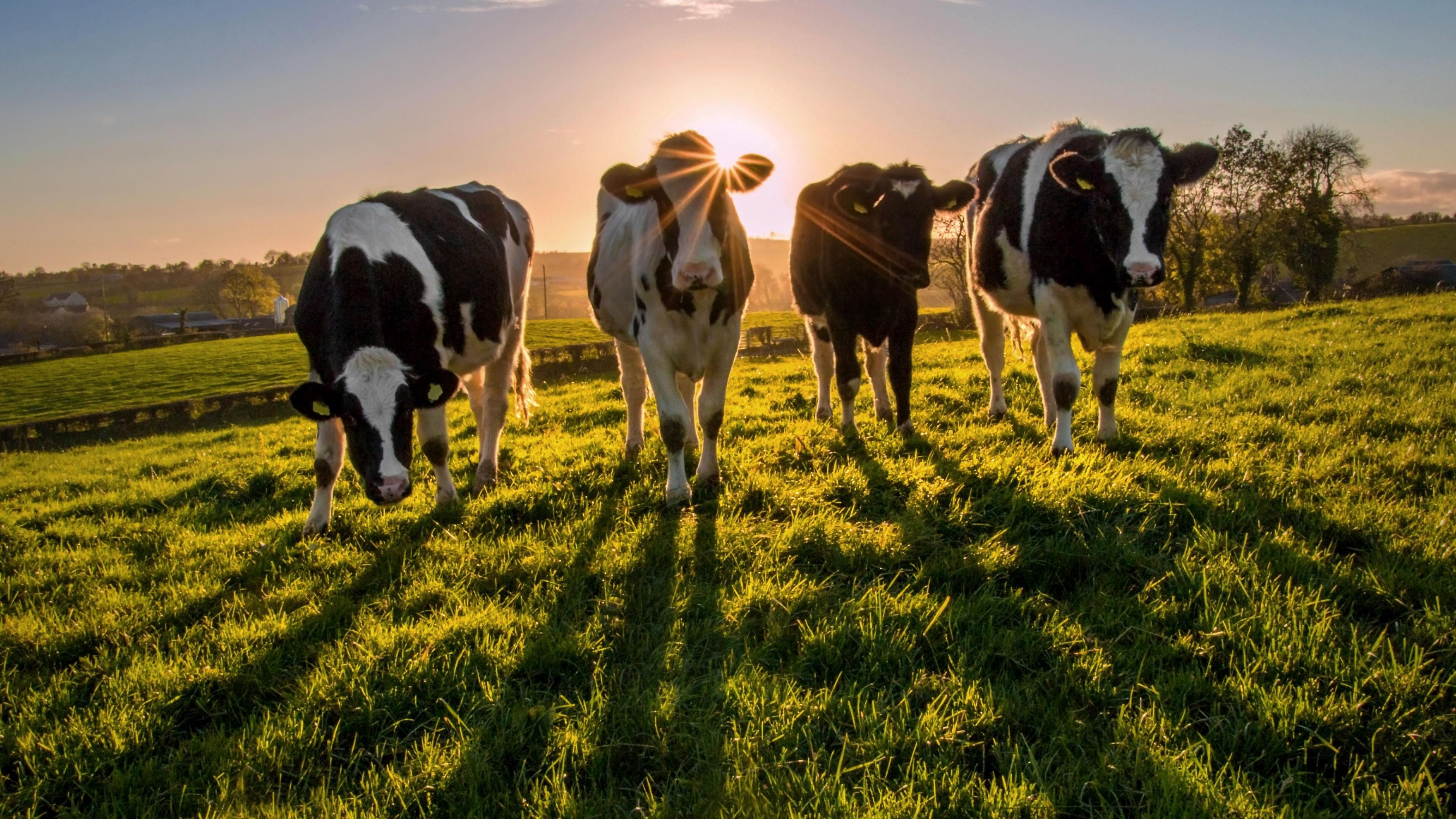Budget tax rises could push up childcare bills

Childcare is heavily regulated in terms of the number of staff per child
- Published
Increasing employers' national insurance contributions could push up childcare costs for working parents, a Stormont committee has been told.
Chancellor Rachel Reeves announced in her Budget that the rate of employer national insurance contributions will increase from 13.8% to 15%.
She is also lowering the threshold at which employers have to start paying NI contributions from £9,100 to £5,000.
Roger Pollen from the Federation of Small Businesses told MLAs there is a very real risk that many businesses will "crumple under the burden".
He said: "Within the children's daycare sector, typically the increase in employers national insurance alone will mean an extra burden on average of £18,600 on nursery settings.
"That's not taking into account the increase in the national living wage. So you're talking about almost one full time employee's additional overhead being loaded onto that sector."

The chancellor announced in her Budget that the rate of employer national insurance contributions would increase from 13.8% to 15%.
Mr Pollen said that as childcare is heavily regulated in terms of the number of staff per child, they can't make the same changes to try and mitigate this increase in costs, so they have little option but to pass it on to their customers.
"One other nursery business we spoke with had calculated that across their various units, its going to mean an increase of around £300,000 in national insurance alone, due to the change in the rate and reduction in threshold."
'Less attractive to grow business'
Reeves also announced that the employment allowance - which allows companies to reduce their NI liability - will increase from £5,000 to £10,500.
Mr Pollen said: "For those business who have around four to six employees, the doubling of the allowance means they come out of slightly better off.
"But the reduction in the threshold means that a lot of businesses that have part time employees, for whom they didn't have to pay national insurance, are now having to pay it as they are getting caught in that net.
"For every employee for whom national insurance has to be paid, that rate has gone up to 15%."
He said it also makes it much less attractive to grow your business.
Budget hospitality impacts
Colin Neill from Hospitality Ulster said the Budget announcements are adding thousands of pounds to the wage bills of pubs, restaurants and hotels.
He said: “The living wage and the employers national insurance rise would add £25,000 cost to every employee."
That's based on a 38 hour week worker, on the national living wage.
"We can't pass on the costs, we're at a price ceiling. We've nowhere to go and we can't pass it on.” he added.
He called for interim support with rates bills, as was announced for hospitality businesses in England.

Colin Neil of Hospitality Ulster claims busniesses are unable to pass on the costs
“Westminster realised that hospitality was in trouble, along with retail and leisure, and stepped in to give significant relief which manifested as a 75% rates relief in England.
"Wales followed with 50% using their Barnett consequential. The money came here and went into the baseline budget but the reality is that money would not be there if we weren't in trouble. The baseline budget would have been lower.”
He said Northern Ireland has been left in a worse position than England and Wales "because we got none of that help this last few years".
Need for business support
That call for support was echoed by Retail NI.
Glyn Roberts, chief executive of Retail NI, said: "I do not think it is unreasonable that the same level of rates relief that small businesses receive in Brighton or Bolton should apply equally in Ballymena or Banbridge or all our towns and cities.
“We've heard a lot of people talk about the Irish sea border. It's very clear that there is now a business rates border in the Irish Sea.
"For many of our members this is no longer a 'cost of doing business crisis' - this is an emergency."
The Federation of Small Businesses also represents some farm businesses who are concerned about the impact of changes to inheritance tax.
Roger Pollen said: "One person put it to me - if every time you changed the chief executive of Sainsburys, you had to give 20% of the value of Sainsburys to the government, how long would this business last?
“They were drawing that analogy with farmers where the land is being treated as part of the value of the business, whereas the reality, it's the business you operate on that land and those two being conflated has been very difficult.
"That's what makes the difference between that and any other family business."
- Published30 October 2024

- Published24 November 2024

- Published27 November 2024
